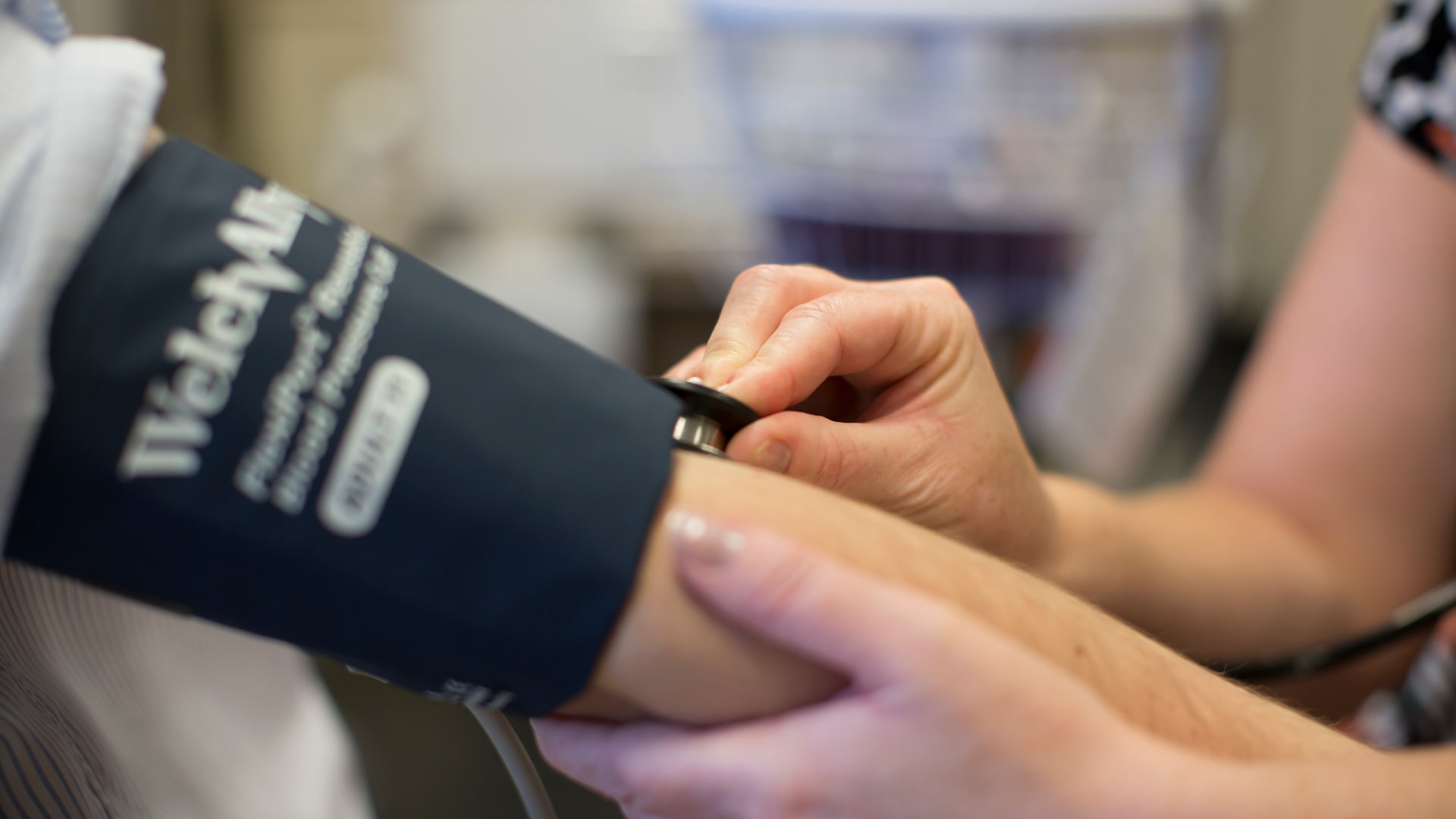Adults with high blood pressure or diabetes at greater risk of chronic kidney disease

University of Wollongong (UOW) researchers are urging Australians with diabetes or high blood pressure to ask their GP for a kidney health check after new data revealed that one in 10 Australians unknowingly have kidney disease.
Chronic kidney disease is irreversible and has serious consequences. The condition often goes undiagnosed due to the symptomless nature of the disease.
Associate Professor Kelly Lambert from the Kidney Lifestyle Research Group at UOW said research from Kidney Health Australia shows 1.8 million of the 2 million Australians who have markers of kidney disease don't know it.
"Chronic kidney disease is under-diagnosed and we need to change this," Associate Professor Lambert said.
"It's important to catch this disease at its early stages so we can prevent progression and give people the best chance to maintain a good quality of life."
This week is Kidney Health Week (21 – 27 May) and the theme is Kidney Disease: it's more than just a wee problem. People with pain when weeing or who have noticed blood in their urine are encouraged to talk to their GP.
Associate Professor Lambert said adults with diabetes or high blood pressure are at higher risk of being diagnosed with kidney disease.
"Early detection is critical and a simple blood and urine test is all that is needed to find out if you have chronic kidney disease," Associate Professor Lambert said.

Associate Professor Kelly Lambert
New research from the Kidney Lifestyle Research Group has also found that lifestyle changes such as increasing exercise and adopting a healthy diet can lower blood pressure and blood glucose levels as effectively as medication.
"The good news is these simple changes can slow down kidney disease progression if you already have it," Associate Professor Lambert said.
There are other lifestyle changes Associate Professor Lambert recommends to reduce the risk of getting chronic kidney disease. These include:
- People with high blood pressure or diabetes should see an accredited practising dietitian and accredited exercise physiologist for an individualised plan to reduce your risk of developing kidney disease.
- Control your blood glucose levels if you have diabetes – aim for a blood glucose level of less than 8.5mmol/L about two hours after meals.
- Exercise more – the more active you are the better – and any exercise is beneficial even if you are starting with small amounts.
- Eat less salt – choose packaged foods that have less than 120mg sodium per 100g and don't add salt to foods.
- Drink water – this is the best fluid to stay hydrated.
The University of Wollongong is firmly committed to addressing the United Nations Sustainable Development Goals. The research undertaken by the Kidney Health Research Group demonstrates UOW's commitment to SDG 3 (Good Health and Wellbeing) and SDG 10 (Reduced Inequalities).






